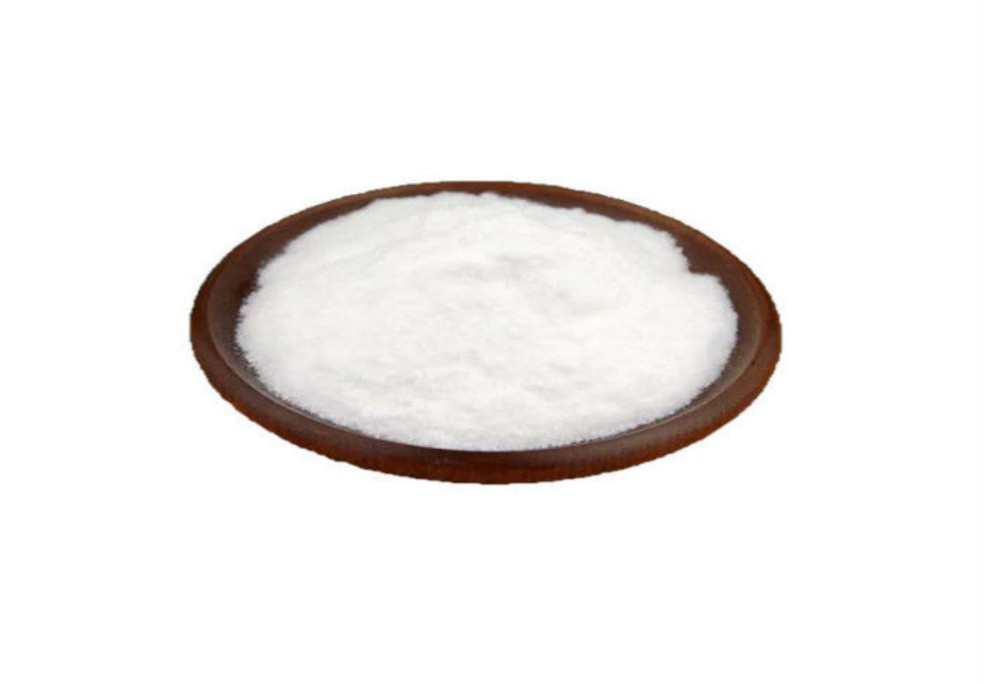Dehydroepiandrosterone/dehydroepiandrostenedione (DHEA, more correctly didehydroepiandrosterone), also known as androstenolone as well as 3β-hydroxyandrost-5-en-17-one or 5-androsten-3β-ol-17-one, is an important endogenous steroid hormone. In its pharmaceutical drug form it is called prasterone (HAN). It is the most abundant circulating steroid hormone in humans, in whom it is produced in the adrenal glands, the gonads, and the brain, where it functions predominantly as a metabolic intermediate in the biosynthesis of the androgen and estrogen sex steroids. Yine de, DHEA also has a variety of potential biological effects in its own right, binding to an array of nuclear and cell surface receptors, and acting as a neurosteroid.
In middle-aged men, no statistically significant effect of DHEA supplementation on lean body mass, strength, or testosterone levels was found in a randomized placebo-controlled trial.
A small study suggested DHEA supplementation was associated with increases in free (but not total) testosterone levels.In women with adrenal insufficiency and the healthy elderly there is insufficient evidence to support the use of DHEA.
Dehydroepiandrosterone (DHEA) is a natural hormone produced by the adrenal gland, and many bodybuilders are using DHEA to gain a competitive advantage. Recent studies have now shown that supplements enhance lean muscle mass and minimize body fat and compare with natural steroids.
DHEA is used to slow down or reverse aging, improve the thinking ability of the elderly, slow down the progress of Alzheimer’s disease. Athletes and others use DHEA to increase muscle mass, strength and energy. But DHEA’s use is prohibited by the National University Sports Association (NCAA). DHEA is also used by men for erectile dysfunction (ED), as well as healthy women and women who have low levels of certain hormones to improve health and sex behavior.






















